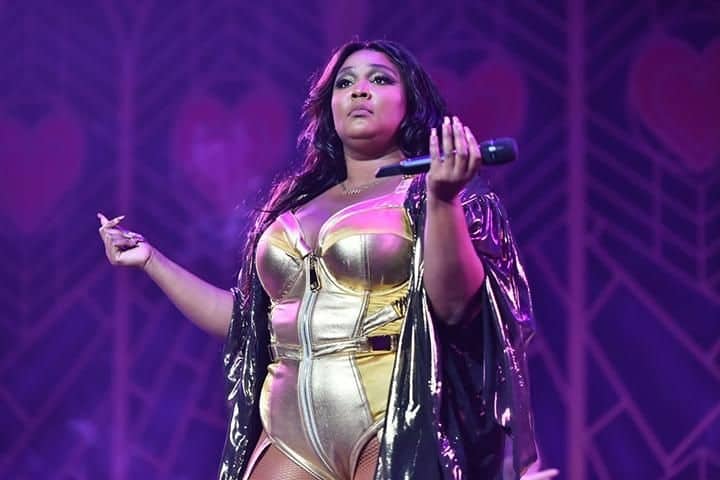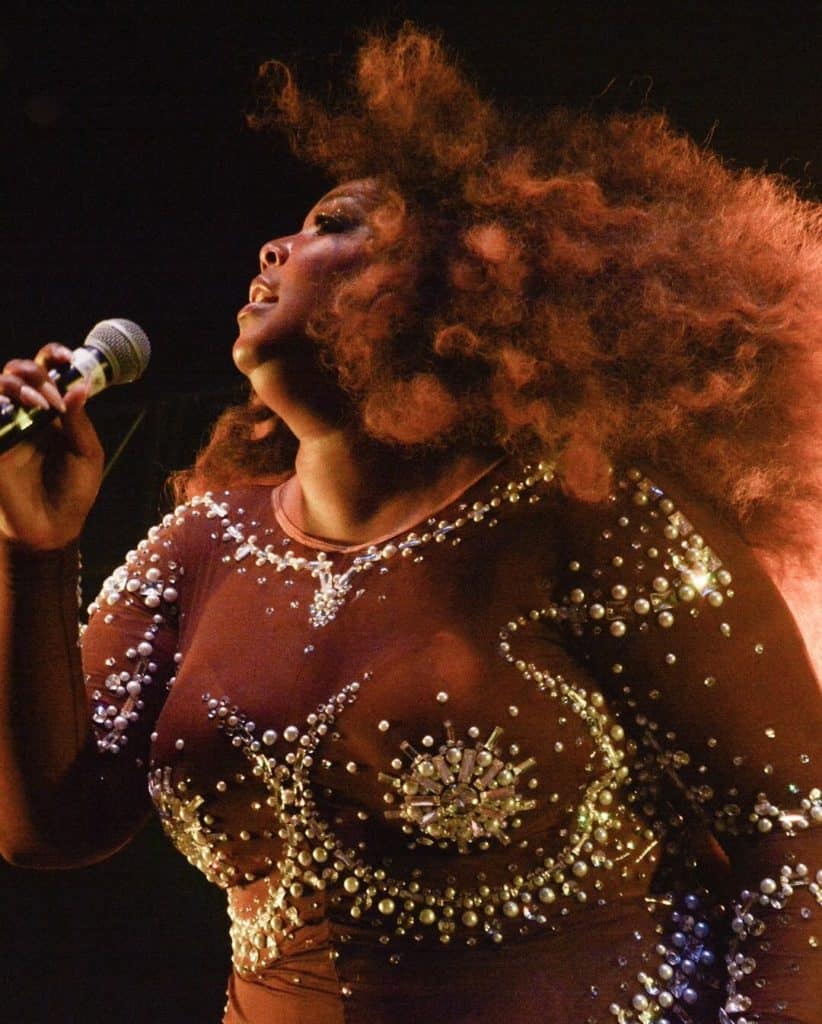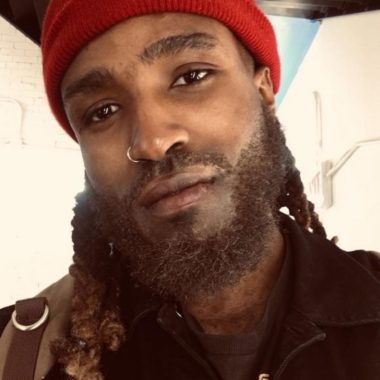Grammys
Less than two weeks have passed since Lizzo conquered the 2020 Grammys, opening up music’s biggest night in the wake of the tragic passing of global icon Kobe Bryant. Lizzo performed her chart-topping single “Truth Hurts” in a medley of her other songs, and won three awards: Best Urban Contemporary Album, Best Pop Solo Performance, and Best Traditional R&B Performance. The night was filled with Kobe Bryant tributes, as well as outspoken Black artists (Tyler The Creator in particular) boldly protesting award categories like Best Urban Contemporary. Historically, Best Urban Contemporary has allowed the Grammys to acknowledge Black performers, while regularly shutting them out of other categories like the coveted Album of the Year. Regardless, Lizzo had an incredible year and her accolades are much deserved.
Backstory
Melissa Jefferson (Lizzo) was born in Detroit, Michigan, and grew up in Houston, Texas, where she began to cultivate her musical skills. As with most overnight successes, Lizzo has spent the last decade working toward what some might see as sudden stardom. She’s gone from living out of her car to gracing the cover of Time Magazine as entertainer of the year. Lizzo’s music and image have always been dynamic. She performs high-energy sets, dancing with her squad of curvy and plus-size dancers, all while singing, rapping live, playing the flute, and twerking.
The Houstonian has made it a point throughout her career to preach self-love and hasn’t shied away from discussing her confidence as a bigger, Black woman. Lizzo’s upbeat and fiery persona is a key part of her likability and popularity among women, white women in particular. Though she’s generally viewed positively, her image seems to garner as much attention as her music. Criticisms by well-known media personalities have been harsh, and laser-focused on her race and weight.
The Critics
More recently, author and commentator Boyce Watkins stirred up controversy by accusing Lizzo of promoting obesity, as well as playing into degrading racial stereotypes of Black women. Boyce, via social media, sent out a series of tweets:
“She’s the fat Cardi B meets Tiffany Haddish. This lady is an embarrassment to the entire Black community. It makes me think of slaves performing for Massa and his friends on the plantation. We are here to serve you in every way imaginable. Just keep bringing dem biscuits.”
Many men supported Boyce Watkin’s sentiments, including Black men, some of whom accused the singer of playing the ‘Mammy’ stereotype – the often overweight, Black woman caretaker to her white employers, or masters, e.g. Mammy in Gone With the Wind, or Octavia Spencer and Viola Davis in The Help. Fellow rapper and provocateur Azealia Banks even dubbed Lizzo “Millennial Mammy.”
In addition to the racially charged critiques, fitness expert Jillian Michaels was interviewed saying, “Why are we celebrating her body? Why aren’t we celebrating her music? I mean my kid loves her music, but it’s not going to be cool if she develops diabetes.”
Despite the critiques, Lizzo has never promoted her body as a standard: she has however promoted self-acceptance as a precursor to self-love. No one would care if this were a man. Men don’t get measured using beauty metrics the way women do. The irony so evident, as Boyce Watkins himself, could be described as rather portly. Overweight male entertainers like Rick Ross, Fat Joe, or Biggie (alive or posthumously) aren’t accused of promoting obesity – it’s a double standard steeped in sexism, to begin with.
Jillian Michaels’s comments are disingenuous. In America, we like our women slim and agreeable. In our society, confident “it girl” isn’t the role designated for plus-size and big women to play. While I can’t speak on Lizzo’s health, it’s clear from watching any of her shows, that she is at the very least in relatively good shape.
The Mammy Stereotype
The racial critiques, on the other hand, have a bit more validity to them but are still misdirected in my opinion. The Mammy archetype has historically been adored by white America. Mammy was the de facto mother of a lot of white Americans in the United States. As a character, Mammy is the subservient, overweight, desexualized, and naively loyal housemaid. The distrust some black Americans have for anything that resembles a fat, black woman beloved by white America is understandable.
Hattie McDaniel, who famously played Mammy in 1939’s Gone With the Wind, was awarded an Academy Award for Best Supporting Actress, the first for any African American at the time. Simultaneously, civil rights groups protested her role in the film, calling it degrading. Black America’s push back against the Mammy stereotype is a historical fight.
Lizzo, however, is not a modern-day Mammy. The singer is boldly sexual, confident, and glam – far more Katy Perry/Bruno Mars than anything else. Lizzo isn’t a supporting act, created solely for comedic relief; she’s the headlining act and happens to be a big woman. And despite media scrutiny, Lizzo isn’t necessarily more provocative than her peers (Drake Saweetie, Miley Cyrus, Cardi B, etc.) Her dominance in pop music might’ve been unexpected, but it’s exciting and inspiring nonetheless. Simply put, society isn’t accustomed to witnessing a fat woman, authentically and irreverently pivot herself away from ‘pretty politics’ (even slightly) and win so damn much.
Roderick Thomas is an NYC-based writer and filmmaker (Instagram – @Hippiebyaccident).











